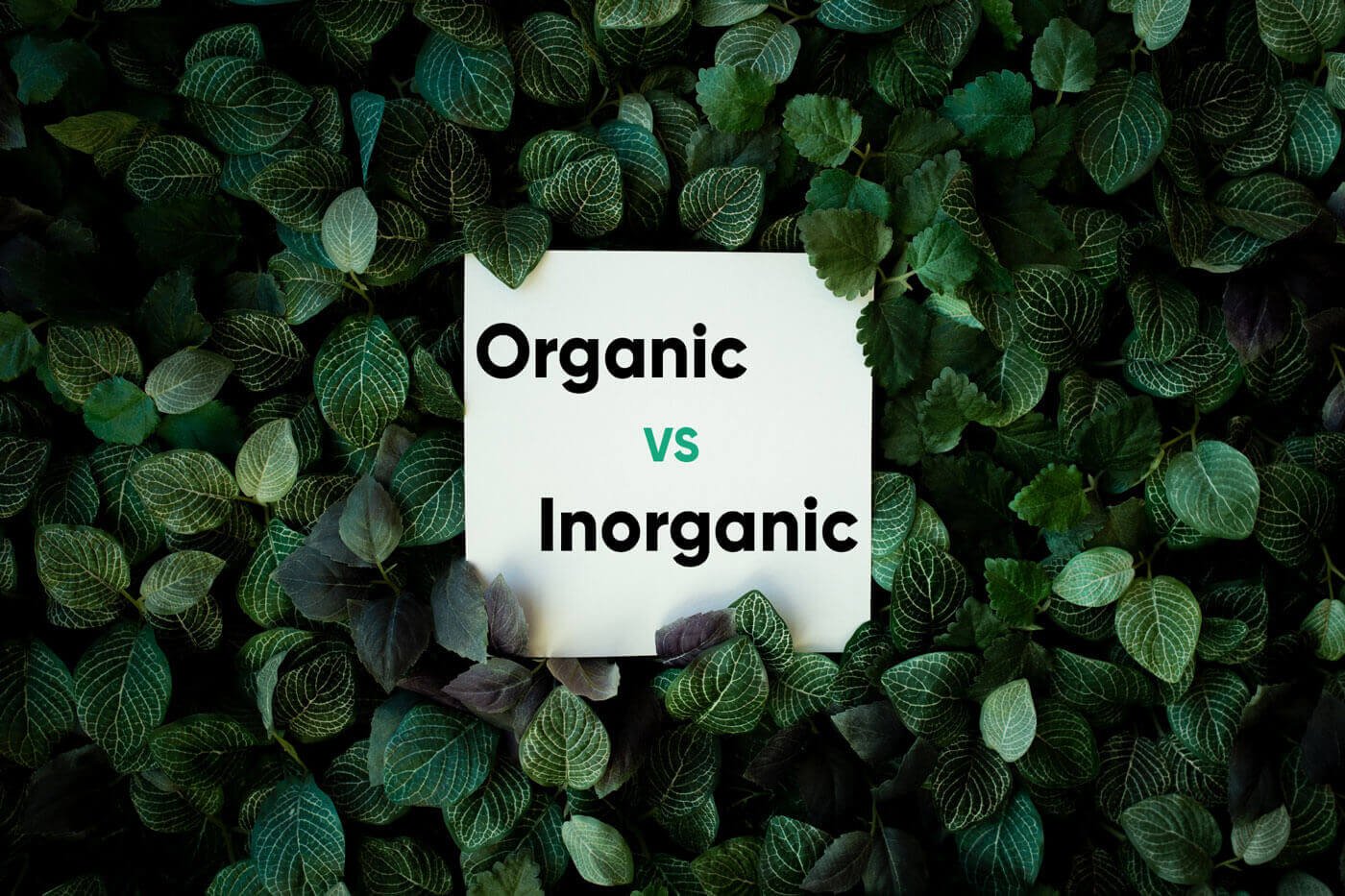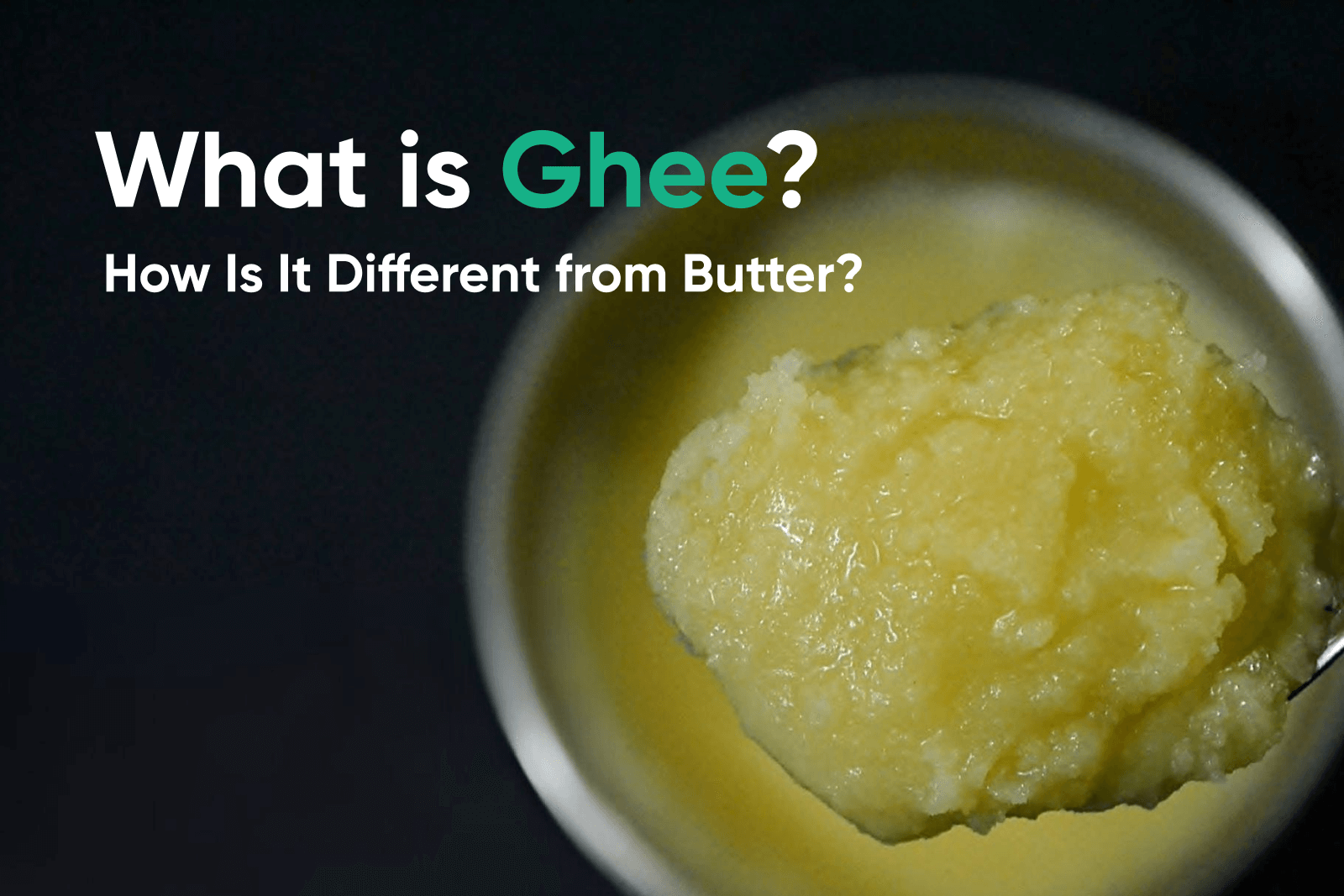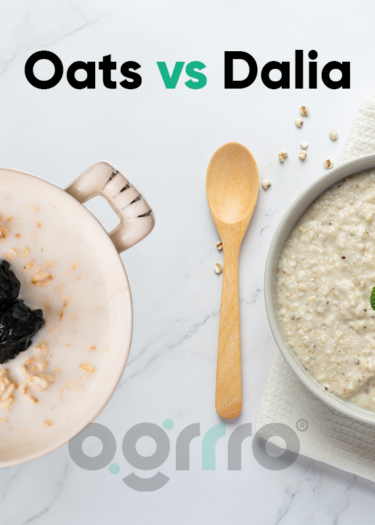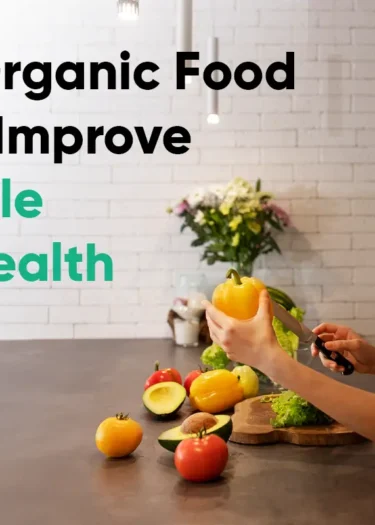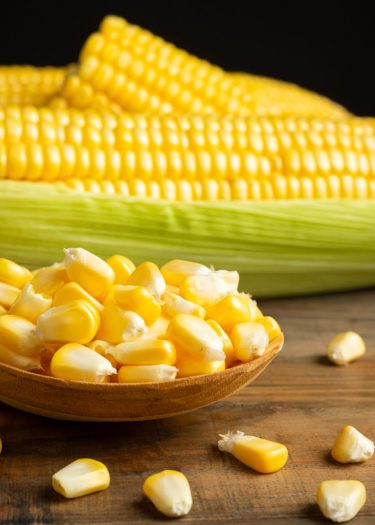Residues of synthetic chemicals and fertilizers ending up in food are the biggest side-effect of industrialized agriculture. Organic farming produces food that is free from chemical residues. Nowadays organic foods are becoming much more popular in the new generation. Expectations of the excellent health benefits of organic food are the strongest motivations for consumers to consume organic produce.
But does organic food really offer expected benefits over other conventionally grown food?
Organic vs Inorganic Foods
The difference between organic and inorganic (conventional) food is how it is produced. For example, organic food like fruits, vegetables, milk, eggs, and meat is produced without synthetic herbicides, pesticides, and fertilizers, Genetically modified organisms (GMOs), antibiotics or growth hormones, and Irradiation or ionizing radiation.
Various practices that are not allowed in organic farming are:
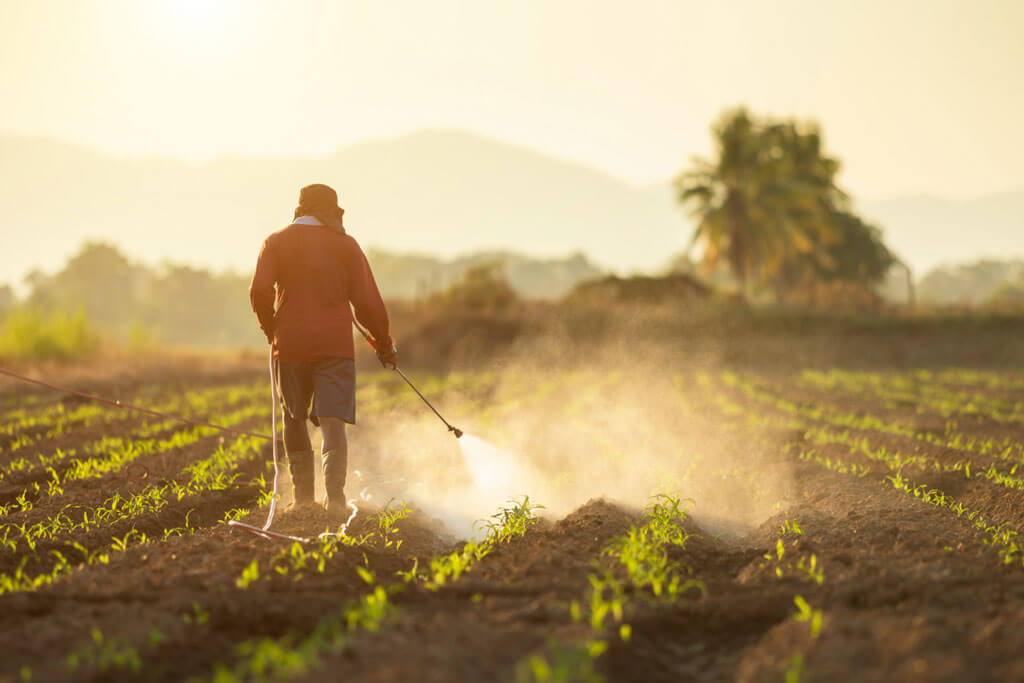
- Synthetic fertilizers to provide essential nutrients to the soil
- Synthetic pesticides for pest control
- Synthetic herbicides for weed control
- Irradiation to preserve food and eliminate disease or pests
- Applying genetic engineering to improve pest and disease resistance and increase crop yield
- Antibiotics or growth hormones for cattle and livestock
‘Organic’ vs ‘natural’
“Natural” and “organic” are two different terms. “Natural” food refers to no artificial colors, flavors, or preservatives. It has nothing to do with the methods or materials used to produce the food.
Why should I go Organic?
There are three different aspects about the benefits of organic food over inorganic food:
The difference in nutritional elements – Organic foods are considered to be rich in nutrients as compared to mass-produced food as they are fostered in natural environments. Organic foods have higher levels of micronutrients, such as iron, zinc, and vitamin C. Also organic meat, fish & poultry are extremely nutrient-rich, as they are free of foreign antibodies and not genetically modified.
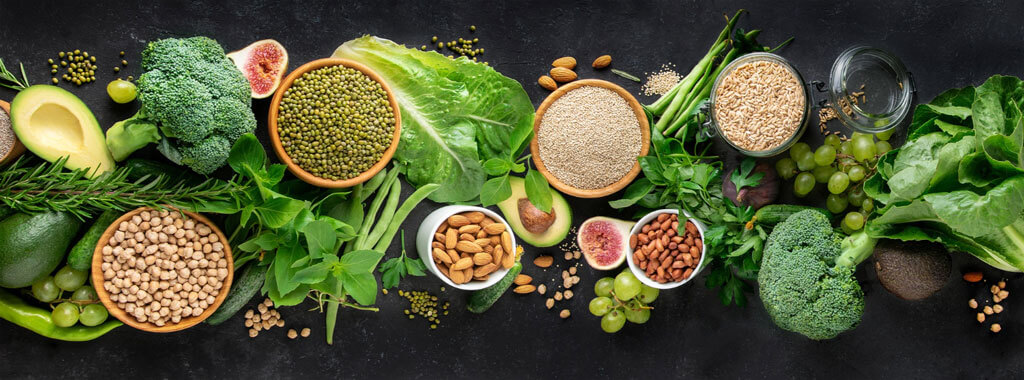
Benefits for human health – From a health perspective, Organic produce has lower levels of herbicides and pesticide residues and 20% to 40% higher levels of antioxidants. Organic food is also rich in nutrients and promotes better health. Organic food is considered free of harmful chemicals, as no chemicals go into the production of organic foods. It is also considered to be free from neurotoxins, that may damage your brain and nerve cells.

Impact on the environment – During the production of organic produce, farmers do not use synthetic herbicides, pesticides, and chemical fertilizers on the plants, fruits, and vegetables. Hence the product is free from chemicals that otherwise slip into the food products. It protects the environment from contamination and minimizes pollution and also prevents soil erosion through conservation and restoration.

Check out the reasons to switch to organic food.
Common myths on Organic vs Inorganic food
Organic foods generally have a pristine reputation, compared to their traditionally farmed counterparts. However, there are few misconceptions about the various farming process through which organic produce is cultivated. Here we have highlighted five of the biggest misconceptions and the truth about organic food.
Many people dislike organic produce and consider it much more expensive than other conventionally farmed options. In some retail stores, this is very well the case, as retailers put a premium price on products, which they find conscientious customers will buy surely without looking at prices.
But this is not true everywhere. At many markets and retail stores, you can buy organics at the same price, or even cheaper, than inorganic products. You can also buy directly from farmers or local markets.
Food safety tips
Whether you are choosing organic vs inorganic food or a mix of conventional and organic foods, keep few tips in mind:
- Buy seasonal fruits and vegetables. It will ensure the freshest produce.
- Select a variety of foods from different sources. It will reduce your likelihood of exposure to a single harmful pollutant and will give you a better mix of nutrients.
- Scrub and wash fruits and vegetables thoroughly under running water. It will remove dirt, bacteria, and chemicals present on the surface of fruits and vegetables. Always discard outer leaves of leafy vegetables to reduce contamination. Peel fruits and vegetables before eating. It will also remove contaminants.
Bottom line
Organic works with nature. It protects our soil, wildlife, and world. Today consumers are very anxious about the quality of food they eat and they trust organic food more easily. With a switch to organic food, you can support a more sustainable future for the world, by supporting wildlife, combating climate change and environmental health.
You’re on the right track. Eating organic food makes sure that you are eating well.
So, we are curious about your stance on organic vs inorganic food.
